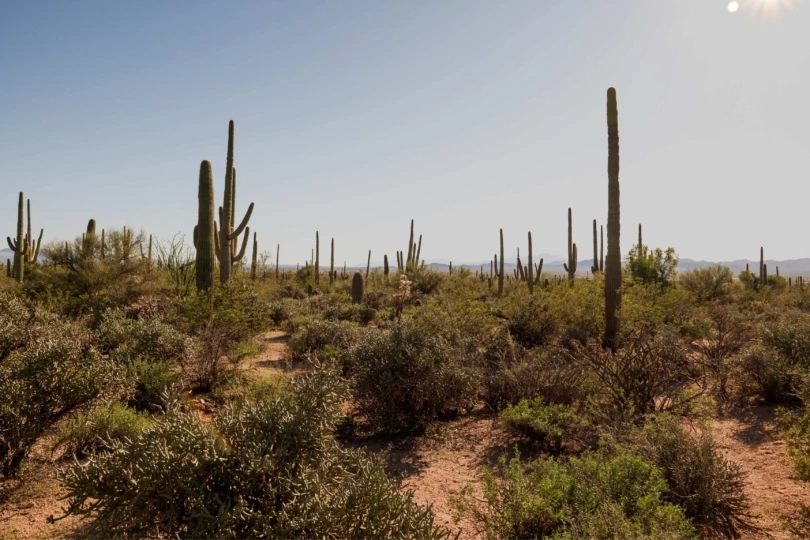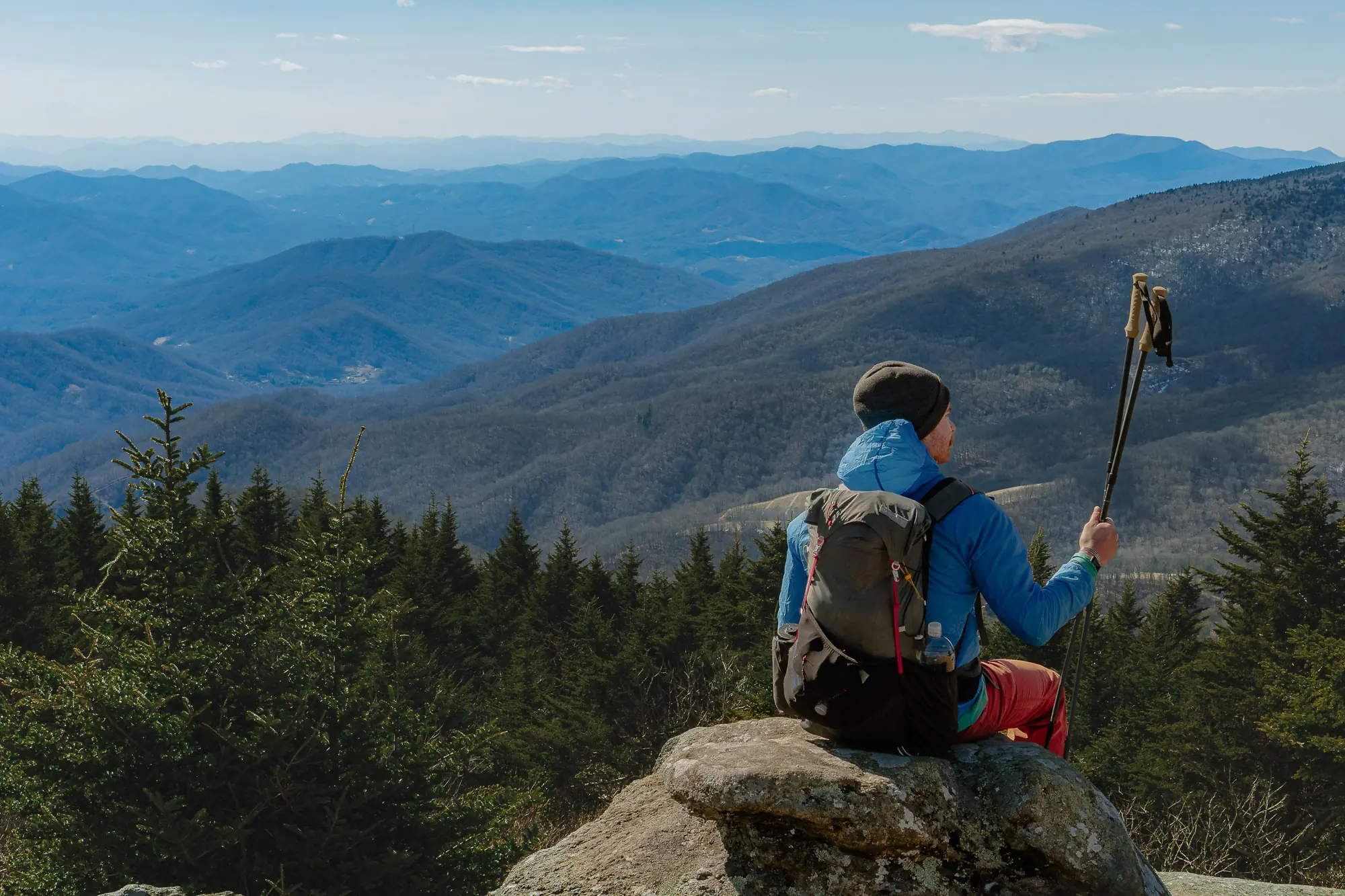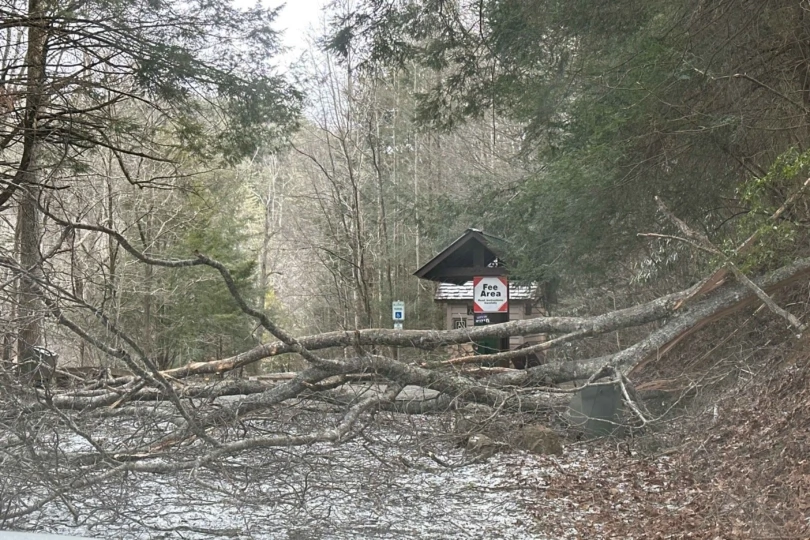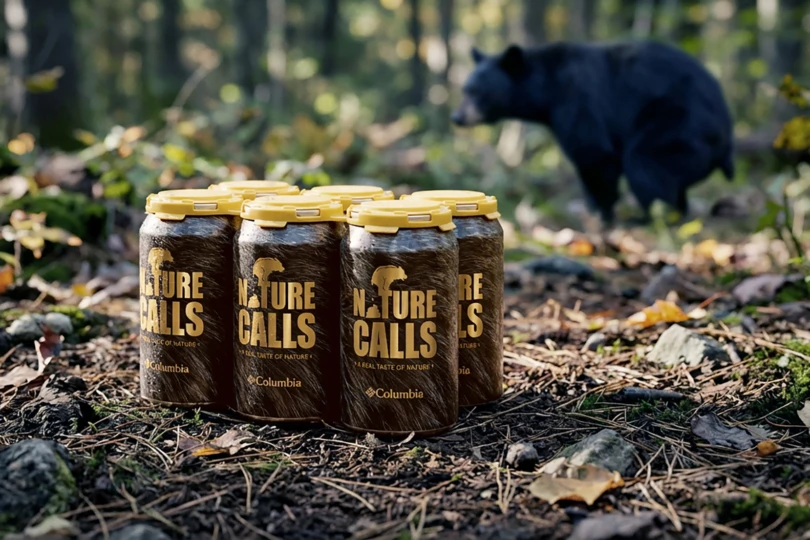Omeals are a unique and fresh take on backcountry cuisine. The self-heating meals are no more expensive than freeze-dried backpacking meals and are easily prepared with no stove and very little liquid.
Pour in 3-5 ounces of any liquid and let science heat up your backpacking meal. We brought self-heating Omeals on recent backpacking trips and let its included “heating element” prep a hot meal for us, with no stove (or cleanup) required.
Omeals Homestyle Meals
Omeals are fully cooked self-heating backpacking meals. From the outside, they look like typical freeze-dried backpacking meals. The brand’s resealable bags have only one unique feature: a “steam vent” in the upper right-hand corner.
What’s more noticeably different, though, is what’s inside the bag. Included with each Omeal are a heating element, a utensil bundle (spoon, napkin, salt, and pepper), and a silver food pouch.
Yes, there is extra packaging compared to freeze-dried meals. But it all easily condenses and fits back inside the resealable bag in the end. In total, the meals each contain 8 ounces of food, feed one person, and cost $8 each. The 11 available meals include chicken, beef, vegetarian, and even breakfast.

How It Works
Preparing a hot Omeal couldn’t be any easier. Simply open the main bag and remove all of the contents. Then, put the silver food pouch and opened heating element back inside the bag. Add 3-5 ounces of any liquid, seal the bag closed with its zip closure, and wait three to five minutes.
About 30 seconds after pouring in the liquid and sealing the main bag, the heating element will react. The bag puffs up, and steam escapes out of the vent. A chemical reaction inside boils the liquid, heating up the precooked food pouch. After a few minutes, open up the bag, take out the silver food pouch, tear it open, and devour.
Surprisingly, the silver food pouch isn’t scalding to the touch. However, because of the steam, it does get toasty when reaching inside the main bag to remove the food pouch. Our trick is to blow a big breath of air into the bag and quickly remove the food pouch to keep the steam away from your fingers.
Once you’ve eaten the meal, dump out the liquid in the bag and place the trash back inside. Be warned that the heating element remains hot for some time, so be careful not to touch it.
Other than that, there’s no post-meal cleanup. There are no dishes to clean or stoves to put away.
(Taste) Tested in the Field
My wife and I have brought Omeals on five different backpacking trips. The best test was on a four-day, three-night outing in The Needles district of Canyonlands National Park. We carried 6 gallons of water between us and had no choice but to pack as little gear as possible.
We packed a bundle of Omeals and left all of our cooking gear behind — no stove, fuel, utensils, pot, or lighter. This shaved significant weight and bulk from our packs. For breakfast, we ate Maple Brown Sugar Oatmeal Omeals and drank cold coffee. Dinners were different Omeals every night, from Spaghetti With Beef & Sauce to Chicken Creole With Brown Rice. They tasted good and, more importantly, required little energy from our tired bodies to make.
During the four-day trip, we had to really monitor our water usage. Luckily, we found a stagnant pool on our second day. We filtered some into our bottles and left some to use in our Omeals bags, as any liquid (filtered or unfiltered) is safe to use and will react with the heating element. Omeals only require a few ounces of water, less than most freeze-dried meals, so it wasn’t a big deal when we did have to use our drinking water.
Before we left on our trip, we opened each of the Omeals to remove excess packaging and all but two utensil bundles (we just reused the same plastic spoons for each meal). This helped shave weight and eliminate extra trash. We’d recommend this tactic on longer outings, as the various pull-tabs, spoons, and pouches tend to add up and feel excessive day in and day out.
As for taste, there wasn’t an Omeal we didn’t generally like. We did find that the consistency and sauce-base are similar throughout each of the dinner meals, but the flavors vary enough to make them unique. Vegetarian Chili is a favorite, and the Chicken Creole With Brown Rice packs a lot of flavors.
Maple Brown Sugar Oatmeal and Hashbrown Potatoes are the two breakfast options we tried. The Oatmeal is good and not too sweet, though it does have a slight gelatin consistency. The Hashbrown Potatoes meal is a savory option that provides more of a protein boost (9 grams vs. 4 grams).
Downsides
On a few occasions, we opened up our food pouch to find that the food inside wasn’t very hot. It wasn’t cold by any means, but disappointingly lukewarm. We tried to combat this by waiting longer than five minutes to remove the pouch from the boiling liquid around it. Flipping the food pouch halfway through is another good strategy. Ultimately, the longer you wait, the warmer it gets. Just know that the food never gets piping hot like other dehydrated meals do after adding two cups of boiling water.
After finishing an Omeal, putting all of the contents inside the original bag, and properly resealing it, we found that condensation tended to leak out of the steam vent hole. We started storing multiple used Omeals in a gallon-sized ziplock baggie instead of a basic trash bag. This provided a better seal to protect from leaking water and was stronger to prevent tears from the Omeals’ sharp edges.
My wife and I both thought the serving size was a little small. We’d often finish our meals and be left wanting more, especially after a long day of hiking. Each Omeals bag is meant to feed one person, so we had to pack two bags for each dinner (other meal brands have bags that contain two or more servings and can be shared).
Finally, Omeals are heavier than simple freeze-dried counterparts. So if you carry a stove anyway, they add more weight to your pack than more traditional options.
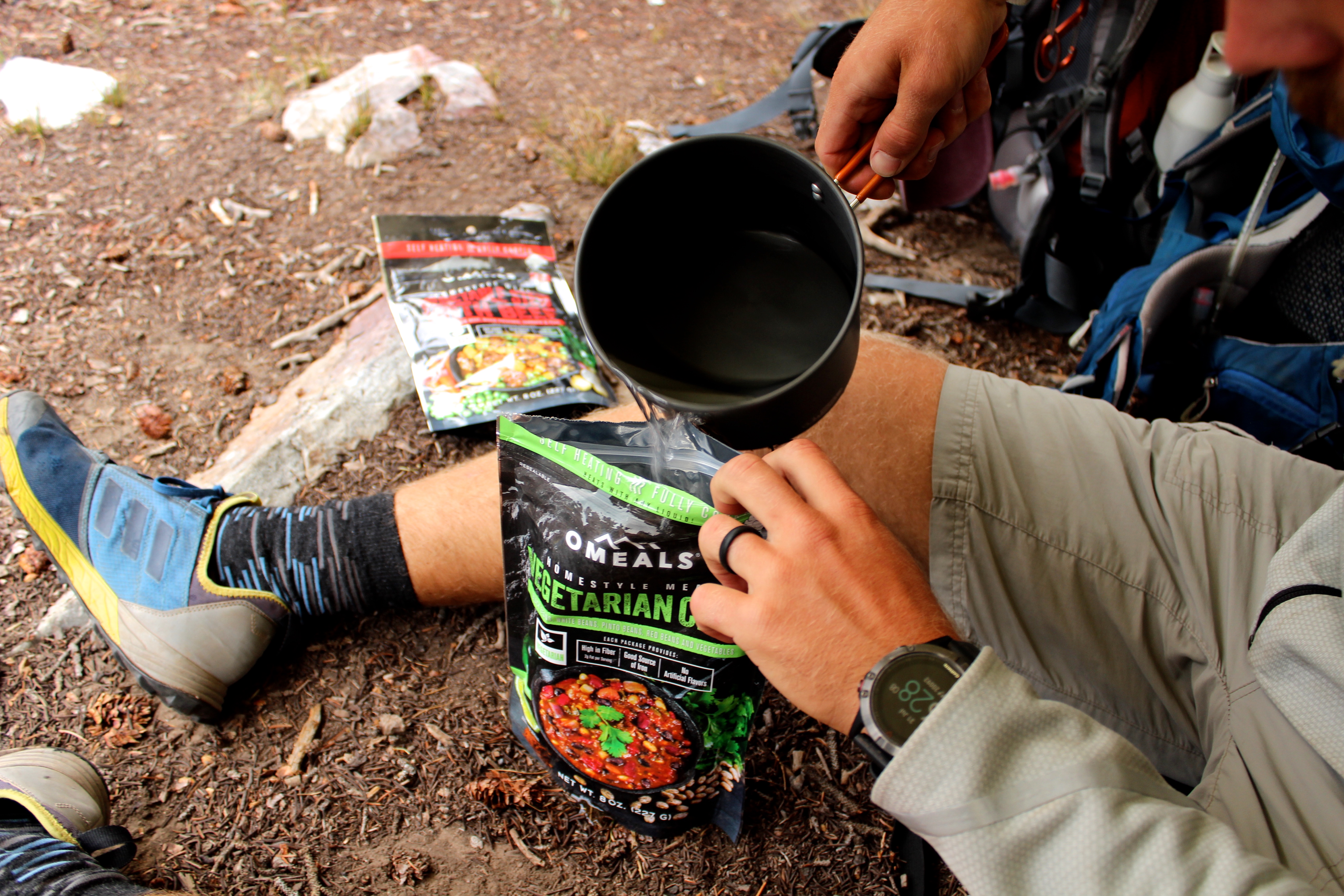
Omeals are a unique and fresh take on backcountry cuisine. They’re no more expensive than freeze-dried backpacking meals and are easily prepared with no stove and very little liquid.
If you think you can survive a backcountry trip without stove-heated hot coffee, it might be worth leaving your cookware behind and trying a few Omeals on your next outing.




